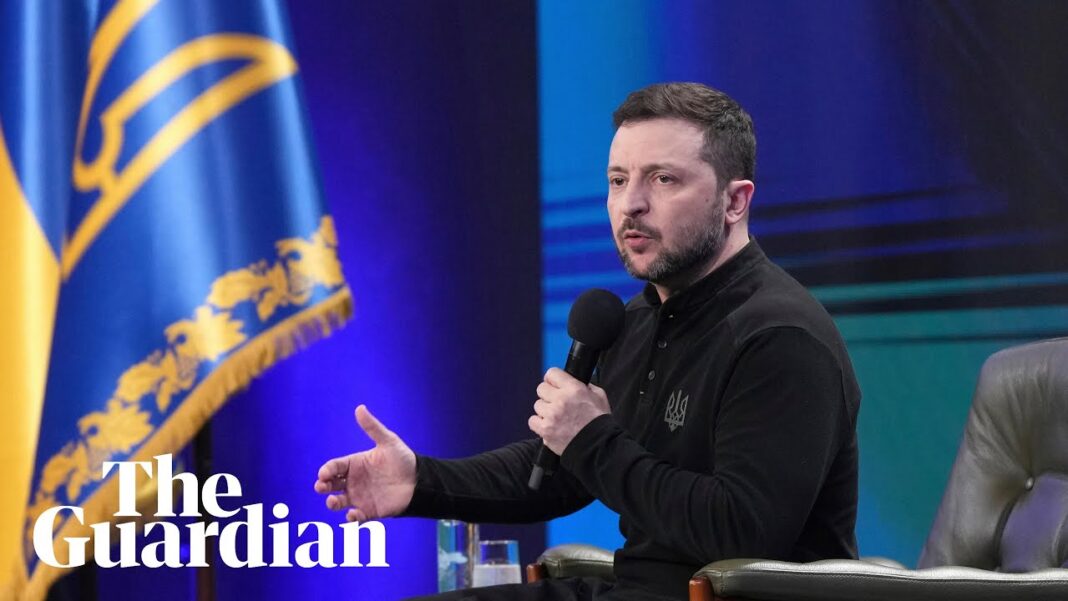CDU is heading into what are likely to be lengthy coalition talks without a strong negotiating hand.
Germany’s center-right Christian Democratic Union (CDU) has emerged as the winner in the federal election, and Alternative for Germany (AfD) came in second with its best ever result, projected results show.
On Sunday, Friedrich Merz’s CDU/CSU bloc capitalized on widespread discontent over inflation, rising energy costs, and immigration policies, and earned 28.7 percent of the vote, followed by the AfD with 19.8 percent, the projection published by public broadcaster ZDF showed.
“Tonight we will celebrate, and from tomorrow we start working … The world out there is not waiting for us,” Merz, 69, told supporters.
Merz is heading into what are likely to be lengthy coalition talks without a strong negotiating hand. While his CDU/CSU emerged as the largest bloc, it scored its second worst post-war result.
It remains unclear whether Merz will need one or two partners to form a majority. A three-way coalition would likely be much more unwieldy, hampering Germany’s ability to show clear leadership.
In the past few years, the coalition involving Chancellor Olaf Scholz’s center-left Social Democrats (SPD), the pro-business Free Democrats (FDP), and the Green Party had lost ground.
Scholz’s SPD tumbled to their worst result since World War II, with 16.4 percent of the vote share, according to the ZDF projection, while the Greens were on 12.3 percent and the far-left Die Linke party on 8.9 percent of the vote.
The Free Democrats (FDP) and newcomer Sahra Wagenknecht Alliance party hovered around the 5 percent threshold to enter parliament.
Merz inherits a Germany that has been dogged by economic woes and multiple high-profile terror attacks.
Europe’s largest manufacturing economy is in its second year of contraction, struggling with the loss of affordable Russian gas, historic Volkswagen plant closures, and fierce competition from cheaper Chinese electric vehicles.
The country has gone through a major population change, with Germany’s net population increasing by more than 3.5 million between 2014 and 2024, driven entirely by migration.
In 2015, then-Chancellor Angela Merkel accepted more than 1 million Syrian refugees into Germany.
According to a recent YouGov poll, 80 percent of Germans believe that immigration levels have been too high over the past decade.
By Owen Evans






